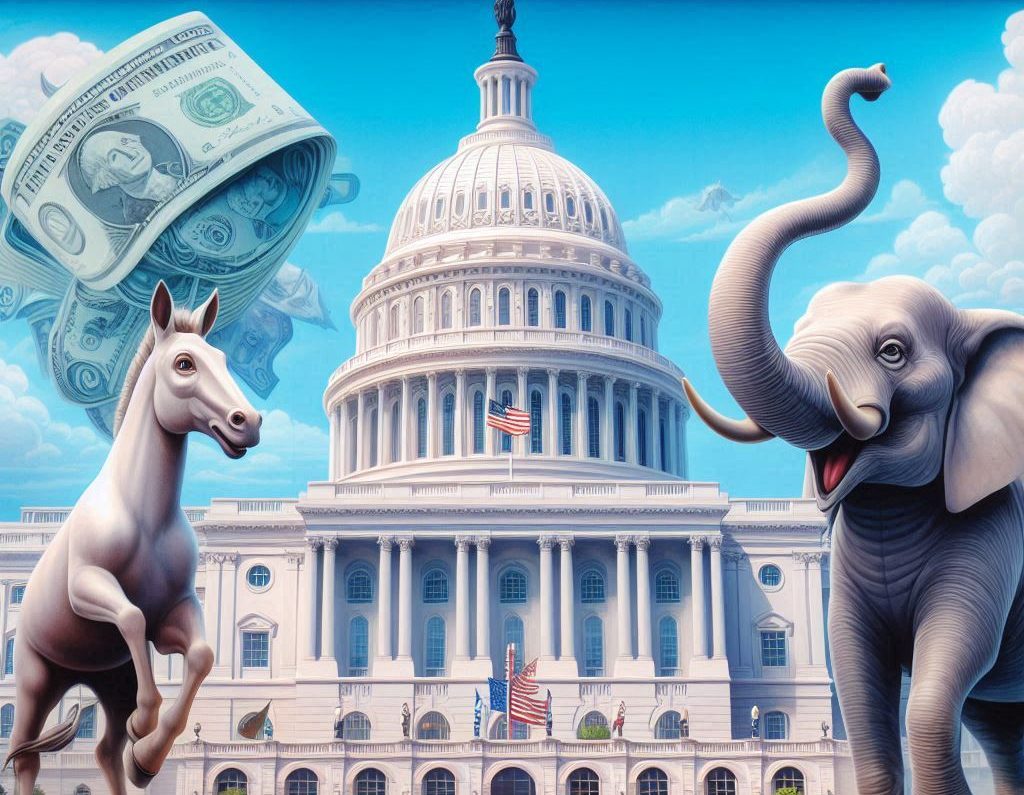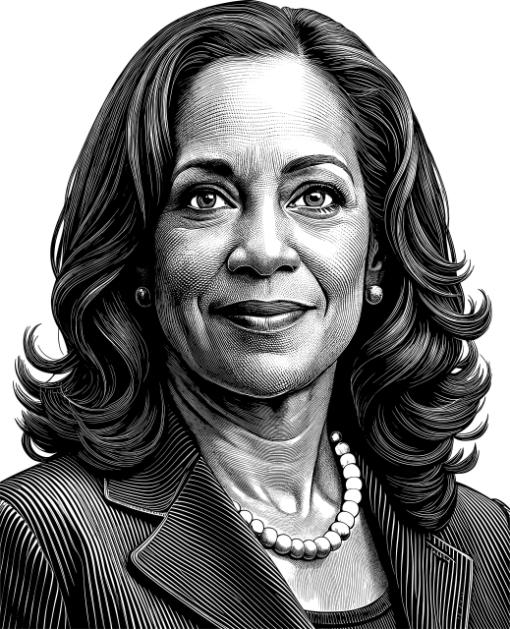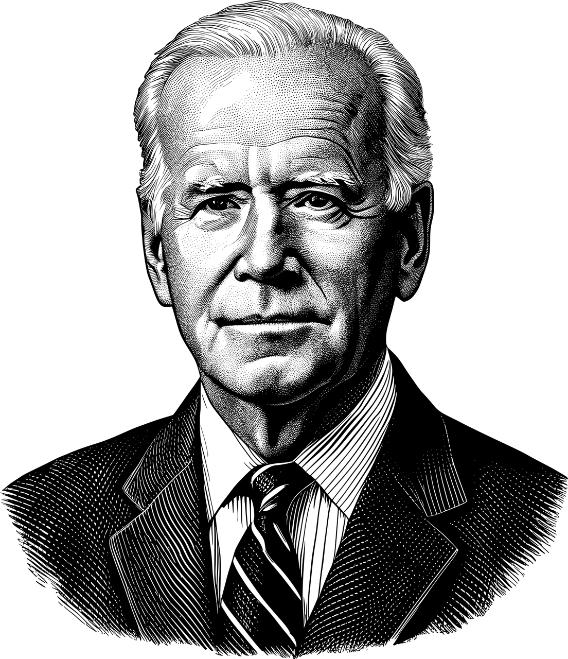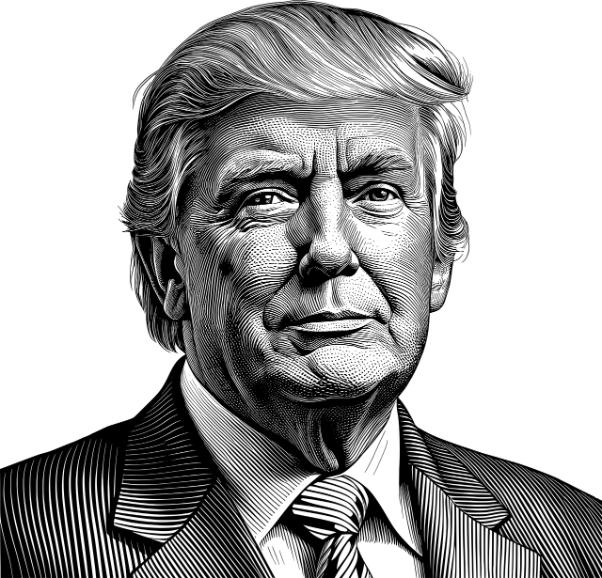US Online Gambling after the Election 2024

What is going to change for US online gambling after the election 2024, depending on who wins? Will gambling become legal in all the states?
If Kamala Harris or Donald Trump becomes president after the 2024 election, their policies on online gambling could vary significantly, though neither candidate has put it at the forefront of their campaigns.
Here’s a general overview of what to expect from both candidates based on their broader regulatory and economic philosophies.
Our Latest Online Casinos 2024
US Online Gambling Under President Kamala Harris (Democratic Nominee), 2024-?

Harris has not taken a clear stance specifically on online gambling, but her broader approach suggests more consumer protection and regulation.
Harris is focused on maintaining oversight in industries to ensure fair practices and public safety.
If her administration addresses online gambling, it would likely emphasize responsible gambling practices.
This possibly means increasing federal regulation to ensure consumer protections such as preventing fraud, protecting minors, and addressing gambling addiction.
Harris’ alignment with progressive policies suggests she may support stricter rules for online gambling platforms, similar to efforts by the Biden administration in other digital industries.
Her administration could also push for stronger federal involvement to establish uniform regulations across states.
US Online Gambling Under President Donald Trump (Republican Nominee), 2024-2027
Donald Trump, on the other hand, has historically been more in favor of deregulation across industries, which could extend to online gambling.
During his previous administration, the federal government took a more hands-off approach, leaving much of the regulatory power to individual states.
If Trump wins in 2024, his administration would likely maintain or expand this deregulatory approach, leaving it up to states to decide how to manage and regulate online gambling.
This could lead to a more fragmented landscape where regulations vary widely from state to state, potentially benefiting large gambling corporations that could operate with fewer federal constraints.
In summary:
– Under Kamala Harris: Expect more federal oversight and protections for consumers.
– Under Donald Trump: Likely more deregulation and state-led governance.
Both candidates, however, might prioritize other issues unless online gambling becomes a significant political topic post-election.
Online Gambling under the current President Joe Biden

Under President Joe Biden, there has been no major shift in federal policy specifically addressing online gambling.
The Biden administration’s approach reflects a more general stance of allowing states to regulate their own gambling industries, including online platforms.
This follows a broader trend in U.S. gambling policy where states, not the federal government, take the lead on determining whether online gambling, including sports betting and casino games, is legal within their borders.
Key Elements of Biden’s Approach to Online Gambling:
-
State-Centric Regulation:
The Biden administration has largely continued the approach of the Obama and Trump administrations, respecting states’ rights to regulate online gambling.
Under Biden, states like New Jersey, Pennsylvania, and Michigan have expanded their online gambling markets, including online casinos and sports betting platforms.
Biden has not pushed for federal-level restrictions or expansions, leaving much of the decision-making power with state legislatures.
-
Department of Justice & Wire Act:
The Department of Justice (DOJ) under Biden has not aggressively pursued enforcement actions related to online gambling, especially in comparison to earlier interpretations of the Wire Act.
The DOJ’s 2018 opinion under Trump had interpreted the 1961 Wire Act to apply to all forms of online gambling, creating uncertainty in the industry. However, in 2021, the Biden administration allowed a lower court ruling to stand, which limited the Wire Act’s scope to sports betting.
This was seen as a positive development for online gambling operators, particularly in states where online lotteries and casino gaming are legal.
-
Responsible Gambling & Consumer Protections:
The Biden administration has not introduced sweeping federal regulation of online gambling but has emphasized consumer protection and responsible gambling measures.
Biden’s focus on broader digital and economic regulations, such as antitrust enforcement and protections against financial fraud, could indirectly influence the online gambling industry by requiring higher standards for data protection and fairness.
Although no specific legislation on online gambling has been introduced, there is a general push for ensuring safer online environments.
-
Expansion of Online Sports Betting:
The Supreme Court’s 2018 decision to overturn the federal ban on sports betting has led to rapid expansion of online sports betting across the U.S., with no federal attempts to reimpose restrictions during Biden’s tenure. Biden’s administration has not indicated any opposition to the growing industry, leaving it largely in the hands of state regulators.
Summary:
Under President Biden, the federal government has largely maintained a hands-off approach to online gambling, allowing individual states to regulate and expand their own markets.
The administration’s actions have mainly focused on ensuring fair practices and consumer protection, but without introducing new federal restrictions or expansions of online gambling laws.
The current legal framework encourages state-level innovation and control, leading to varying online gambling environments across the country.
US Online Gambling under former President Donald Trump (2016-2020)
During Donald Trump’s presidency (2017–2021), online gambling policy was marked by a mix of state-led growth and some federal legal uncertainty, particularly regarding the interpretation of the Wire Act.
Trump’s administration was generally characterized by deregulation, but specific actions under the Department of Justice (DOJ) had significant implications for online gambling. Here’s an overview:
Our Latest Online Casinos 2024
Key Online Gambling Policies and Developments Under Trump
-
State-Centric Approach
Donald Trump.
Like previous administrations, the Trump administration continued the policy of allowing states to regulate online gambling on their own terms.
This hands-off federal approach enabled states such as New Jersey, Pennsylvania, and Michigan to expand their online gambling markets, including online casinos and sports betting.
By the end of Trump’s term, a number of states had legalized various forms of online gambling and sports betting.
-
2018 Supreme Court Decision on Sports Betting
One of the most important developments during Trump’s presidency was the Supreme Court ruling in 2018, which struck down the Professional and Amateur Sports Protection Act (PASPA).
This decision effectively allowed states to legalize sports betting, both online and in-person.
Trump’s administration did not intervene against this expansion of sports betting, which led to a rapid increase in states offering legal sports betting platforms, including online sportsbooks .
-
Wire Act Reinterpretation (2018)
A significant move by the Trump administration’s Department of Justice (DOJ) came in January 2019, when the DOJ issued a new opinion on the 1961 Wire Act.
The opinion reversed a 2011 interpretation under the Obama administration, stating that the Wire Act applied to all forms of interstate online gambling, not just sports betting.
This created confusion and fear among states with legalized online gambling, as it could have threatened the legality of online casinos, poker, and lottery systems that involved interstate communication.
Impact: The decision was challenged in court, and in 2021, a federal court ruled that the Wire Act only applied to sports betting, not all online gambling.
The legal uncertainty caused by the 2019 DOJ opinion put some state lotteries and interstate online poker agreements on hold, though the decision was not actively enforced on a large scale during Trump’s term .
-
Deregulatory Environment
Overall, Trump’s presidency was characterized by efforts to reduce federal regulatory burdens on industries.
While online gambling did not see major deregulation efforts specifically from the White House, the broader regulatory framework under Trump, focused on reducing government intervention.
This allowed the gambling industry — particularly sports betting — to grow with minimal interference at the federal level.
Summary
The Trump administration’s policies on online gambling allowed states to continue regulating the industry while introducing some legal uncertainty via the 2019 DOJ Wire Act reinterpretation.
The administration also allowed the 2018 Supreme Court decision to pave the way for the legalization of sports betting across many states, further expanding online gambling opportunities.
While the administration did not push for major changes, the federal stance remained largely favorable to the expansion of online gambling markets at the state level.
More News on the US election and Online Gambling
You must be logged in to post a comment.




